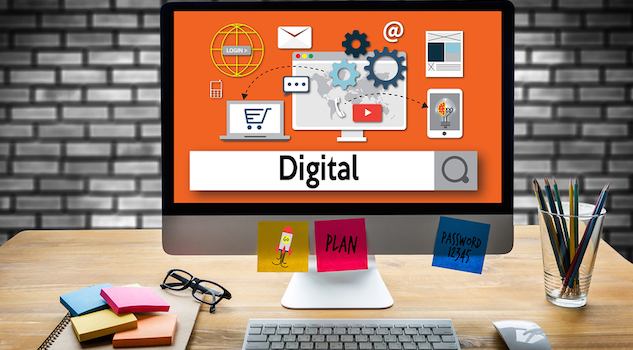2020 was the year no one expected. While businesses of all sizes faced challenges, undoubtedly, it’s been startups and SMEs that have been hit the hardest.
However, if there’s one thing that’s become clear, it’s that Australia is brimming with resilient businesses that have spent the year innovating and pivoting, with many targeting new audiences and overhauling their marketing strategies.
As we head into 2021, knowing how best to prepare can feel overwhelming. However, looking at how your business reaches people can be a good starting point. Here, we delve into how SMEs can get their digital ducks in a row to start the new year with a bang.
Planning is still important
While small businesses aren’t able to predict what will happen in the future, they can take learnings from 2020 into the New Year to improve their marketing strategies. Start by setting aside a day for a strategy session with the sales, customer success and marketing team. This provides a great opportunity to align the team and serves as a well-deserved bonding session. Use this time to delve into objectives for the year ahead, set achievable goals, work out how marketing can best support in achieving these goals and put in place ways to measure them.
For many businesses, digital marketing has become critical to success and next year we’ll only see this increase. Online shopping is the new normal and competition is fierce so SMEs must actively plan to provide the best online customer experience possible. As part of this, ensuring your website and any apps are in tip-top condition, and have smooth user experiences, is vital.
Tapping into artificial intelligence
As competition continues to grow, businesses should be adopting technology, specifically artificial intelligence, to help cut through a crowded market. Such technologies are not only growing in speed and processing power but in terms of their application too.
There are a few key areas artificial intelligence can be embedded into digital strategies for small businesses, including marketing and social management, such as managing the company’s social channels, conversational marketing, for example, chatbots, and remarketing, enabling greater insight into audiences and traffic.
Using artificial intelligence in this way can create more personalised online experiences, tailoring products and messaging to the right audience, and enabling greater insight into customers, both new and old. Such insights and recommendations delivered by AI give marketers the power to more accurately adapt their strategies in order to deliver cost-effective and targeted strategies.
Take a visual-first approach
In a world of TikTok and Instagram, image and video-based content represent the future of digital marketing. When planning for 2021, small businesses should consider a visual-first approach to their digital marketing strategies, and beyond that, expanding to video content too. Video is quickly becoming the emerging native medium to reach consumers, with this content 130 per cent more likely to generate a purchasing decision.
In a market that is constantly evolving and shifting, getting your digital ducks in a row can be the difference between success and failure. For most consumers, the events of 2020 have spurred a significant shift in buying behaviour and digital is now the medium of choice for connecting with brands. As we head into 2021, small businesses should use this as an opportunity to reconnect with their identity, truly understand who they are, what customers they serve and ultimately, what makes them the brand of choice.
David Fairfull, Co-Founder and CEO, Metigy
















